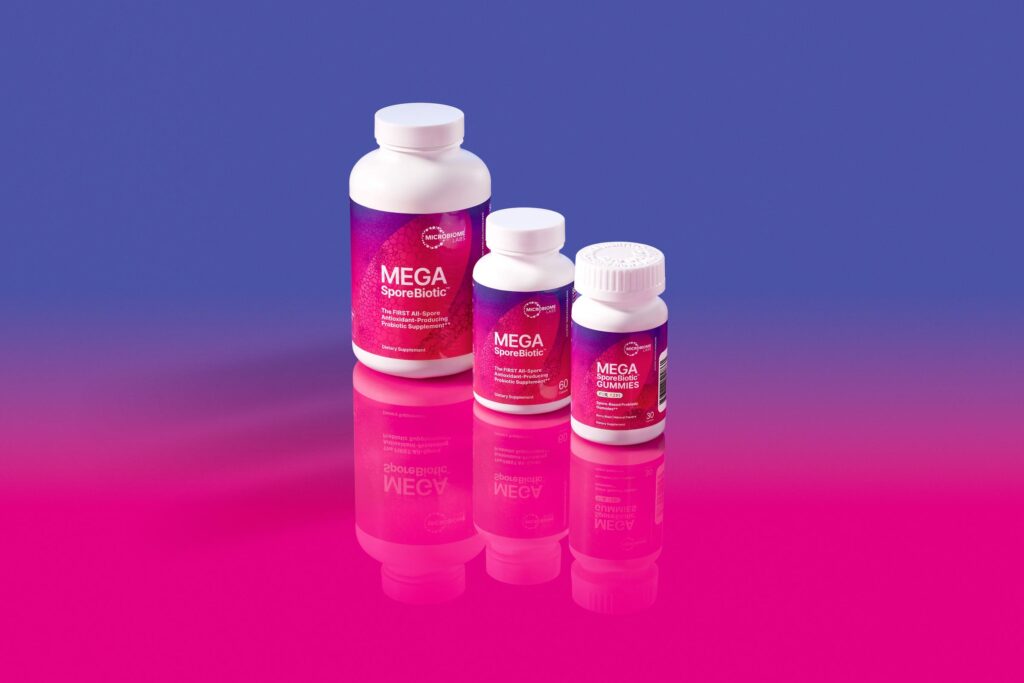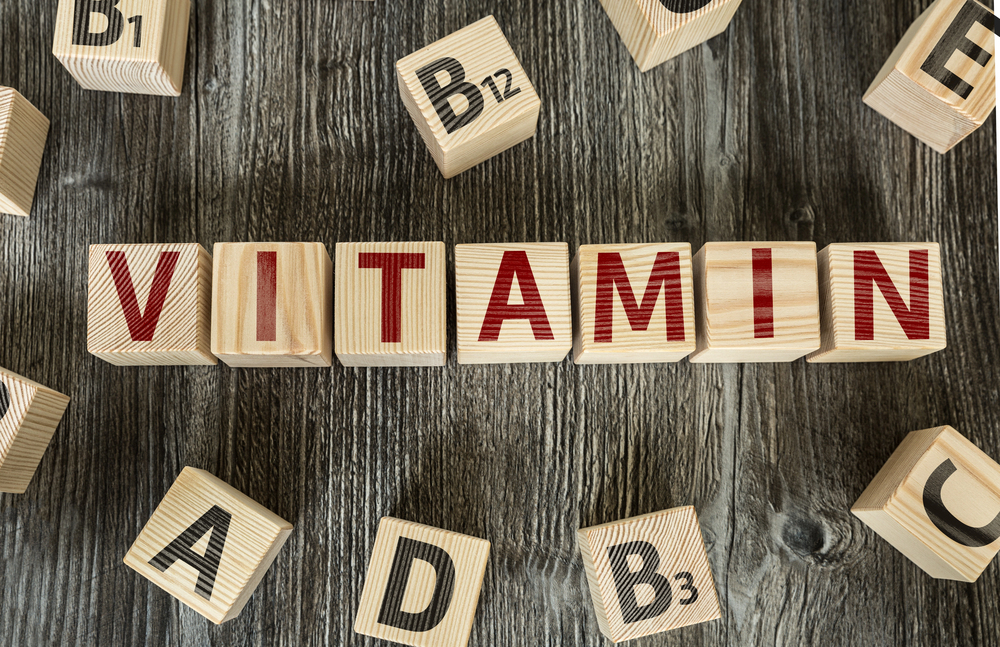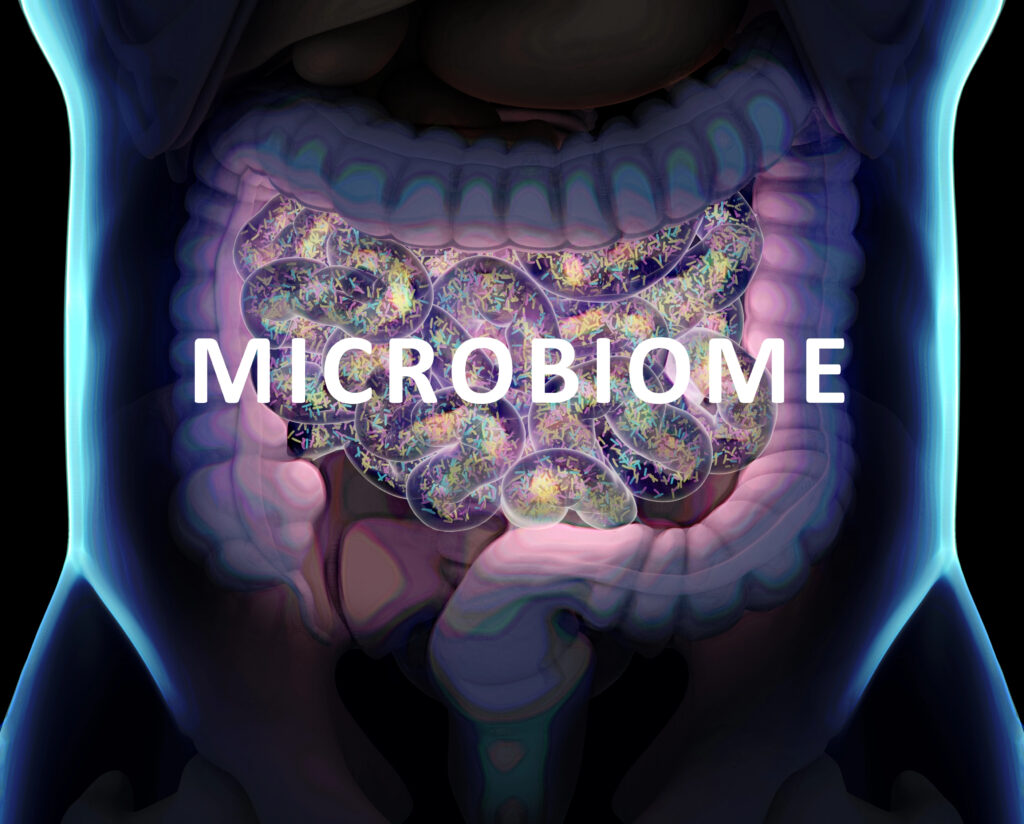Strengthening immunity in the current environment is important regardless of vaccination status. If you are vaccinated, you still have a risk of contracting Covid-19. The vaccines appear to be key to the reduction of hospitalization and the severity of disease. But they do not prevent infection altogether. Hence we need to return to the underlying reason that we as a nation were so vulnerable to Covid-19—less-than-robust health.
A new study from medRxiv has determined that natural immunity to Covid-19 is more protective than vaccine-induced immunity. So, if you have had Covid-19 and are vaccinated, you likely have the best protection. If you have never contracted Covid-19, you are still at risk for a breakthrough infection. Supporting the immune system is a good way to make sure any potential infection is mild.
The beauty of many of the supplements below is that they have benefit relative to any immune illness, not just Covid-19. We discussed many of these supplements when the pandemic first began. Even today, they continue to be your best solution for healthy immunity.
Vitamin D
A systematic review and meta-analysis of 14 different studies assessing the impact of vitamin D on Covid-19 outcomes in Front Public Health found that those with inadequate Vitamin D levels had a significantly higher risk of infection. Notable facts about Vitamin D from past studies include:
- Vitamin D deficiency is associated with acute viral respiratory tract infection
- It modulates the immune response
- It has antiviral and anti-inflammatory effects
Vitamin D is readily available, inexpensive, and protective. The amount one should take ranges from 2000-5000 IUs (50-125 mcg), depending on your own vitamin D levels. Don’t know your levels? Purchase an at-home test here and shoot for levels around 50 ng/mL. If your levels are very low, you may need an even higher dose of vitamin D.
Zinc

According to Frontiers in Immunology “Zinc deficiency results in an altered number and dysfunction of all types of immune cells.” Those with less-than optimal zinc are at risk for all types of infectious disease, autoimmune issues, and even cancer.
Since the virus can enter the airways regardless of vaccination status, we want to make sure we protect our airways as much as possible. Zinc supports immunity in multiple ways:
- It supports the epithelium. This is the tissue that lines the respiratory tract. It activates the cilia and the mucous in the epithelium. This helps to clear pathogens. As a result, adequate levels of zinc may prevent pathogens from getting into the general system where a more robust immune response is required.
- Zinc directly inhibits viral replication. Every virus depends on its host in order to replicate. This causes more damage. If a virus cannot effectively replicate, it will produce only mild illness.
- Zinc is anti-inflammatory and anti-oxidative, playing a large role in modulating the immune response. This is very important considering that inflammation and oxidation are characteristic of most cases of severe illness from Covid-19.
- Zinc influences thrombocyte aggregation and coagulation, so may play a role in mitigating some of the vascular responses to Covid-19 that are seen.
Recent studies have shown that zinc is not, by itself, an effective treatment for Covid-19. However, it has been used successfully in conjunction with other agents. Using zinc in a preventative manner, as an adjunctive treatment, and for recovery are all good uses for zinc.
So overall, zinc is a crucial player in the response to viral pathogens. It improves mucociliary clearance and strengthens the integrity of the epithelium. Zinc decreases viral replication and preserves antiviral immunity. Finally, Zinc attenuates excess inflammation and supports anti-oxidative effects.
Populations most likely to be zinc deficient have sub-optimal levels of zinc are the elderly, vegans or vegetarians, and those with chronic illness.
There is one caution on taking zinc. Taking high levels of zinc (over 30mg for women and over 45 mg for men) may cause copper deficiency over the long term. Zinc and copper compete for absorption in the gut. Consequently, balanced intake is important. Low copper can result in low iron and can negatively affect white blood cells. So please check in with us if you have been taking high levels of zinc for over 6 months.
Quercetin
Finally, quercetin is a polyphenol found in food and supplements. It has anti-inflammatory, antiviral, immunomodulatory and antioxidative effects. As such, it can potentiate the entry of zinc into the cell, thus enhancing all of the benefits of zinc mentioned above.
A study in the International Journal of Medicine showed quercetin to be a possible candidate to fight early stage Covid-19.
Lastly, quercetin is a mainstay in allergy formulas due to its immune-modulating properties. It is a natural anti-histamine. working to block its production.
Summary
While natural substances may not be effective in fighting severe Covid-19, the above research points out their important role in supporting the immune system. A strong immune system is one key to your response to infection with Covid-19 if you were to contract it.
References:
Di Pierro F, Derosa G, Maffioli P, Bertuccioli A, Togni S, Riva A, Allegrini, Khan A, Khan S, Khan BA, Altaf N, Zahid M, Ujjan ID, Nigar R, Khushk MI, Phulpoto M, Lail A, Devrajani, Ahmed S. Possible Therapeutic Effects of Adjuvant Quercetin Supplementation Against Early Stage COVID-19 Infection: A Prospective, Randomized, Controlled, and Open-Label Study. Int J Gen Med. 2021; 14: 2359-2366. Published online 2021 Jun 8. Doi: 10.2147/IJGM.S318720.
Gazit S, Shlezinger R, Perez G, Lotan R, Peretz A, Ben-Tov A, Cohen D, Muhsen K, Chodick G, Patalon T. Comparing SARS-CoV-2 Natural Immunity to Vaccine-Induced Immunity: Reinfections Versus Breakthrough Infections. medRxiv 2021.08.24.21262415. doi: https://doi.org/10.1101/2021.08.24.21262415.
Teshome A, Adane A, Girma B, Mekonnen ZA. The Impact of Vitamin D Level on COVID-19 Infection: Systematic Review and Meta-Analysis. Front Public Health. 2021;9:624559. Published 2021 Mar 5. doi:10.3389/fpubh.2021.624559
Wessels I, Rolles B, Rink L. The Potential Impact of Zinc Supplementation on COVID-19 Pathogenesis. Front Immunol. 2020;11:1712. Published 2020 Jul 10. doi:10.3389/fimmu.2020.01712





